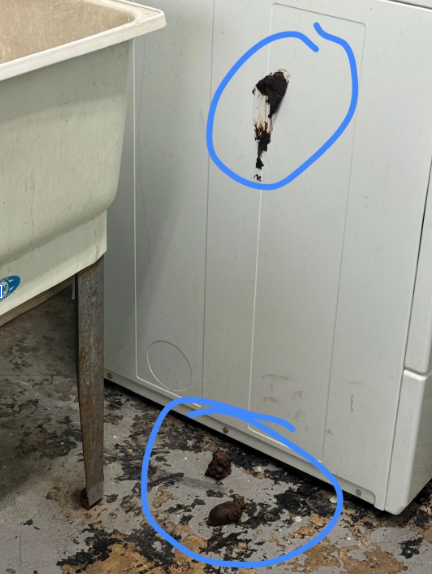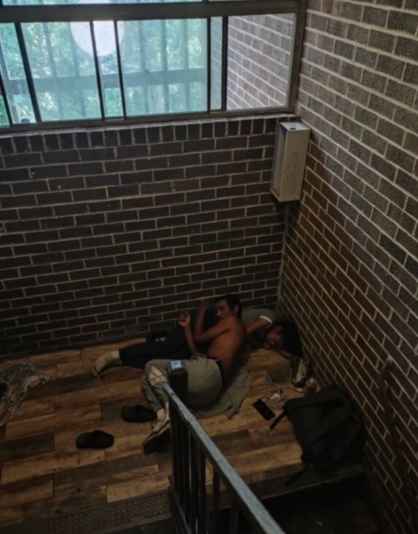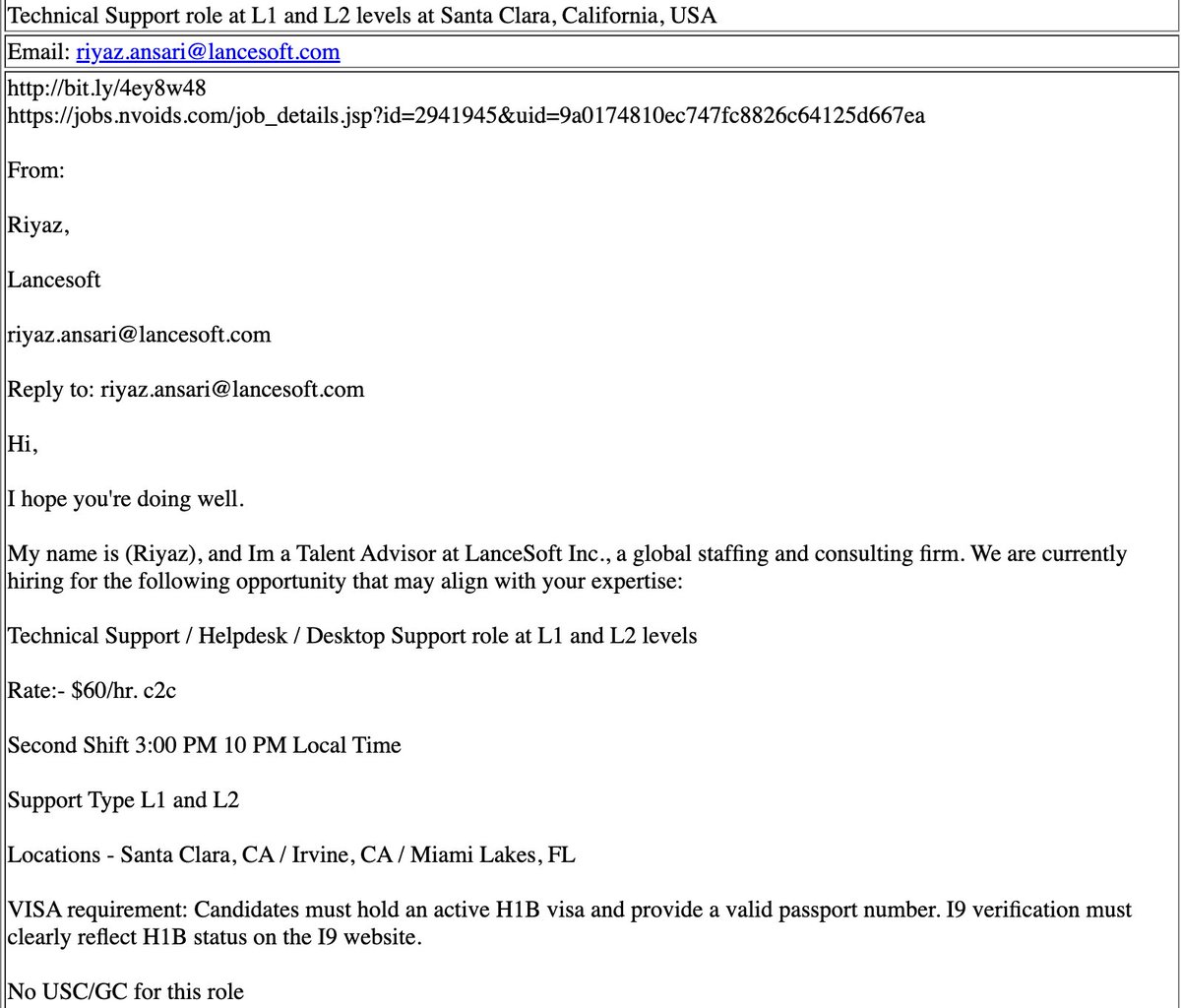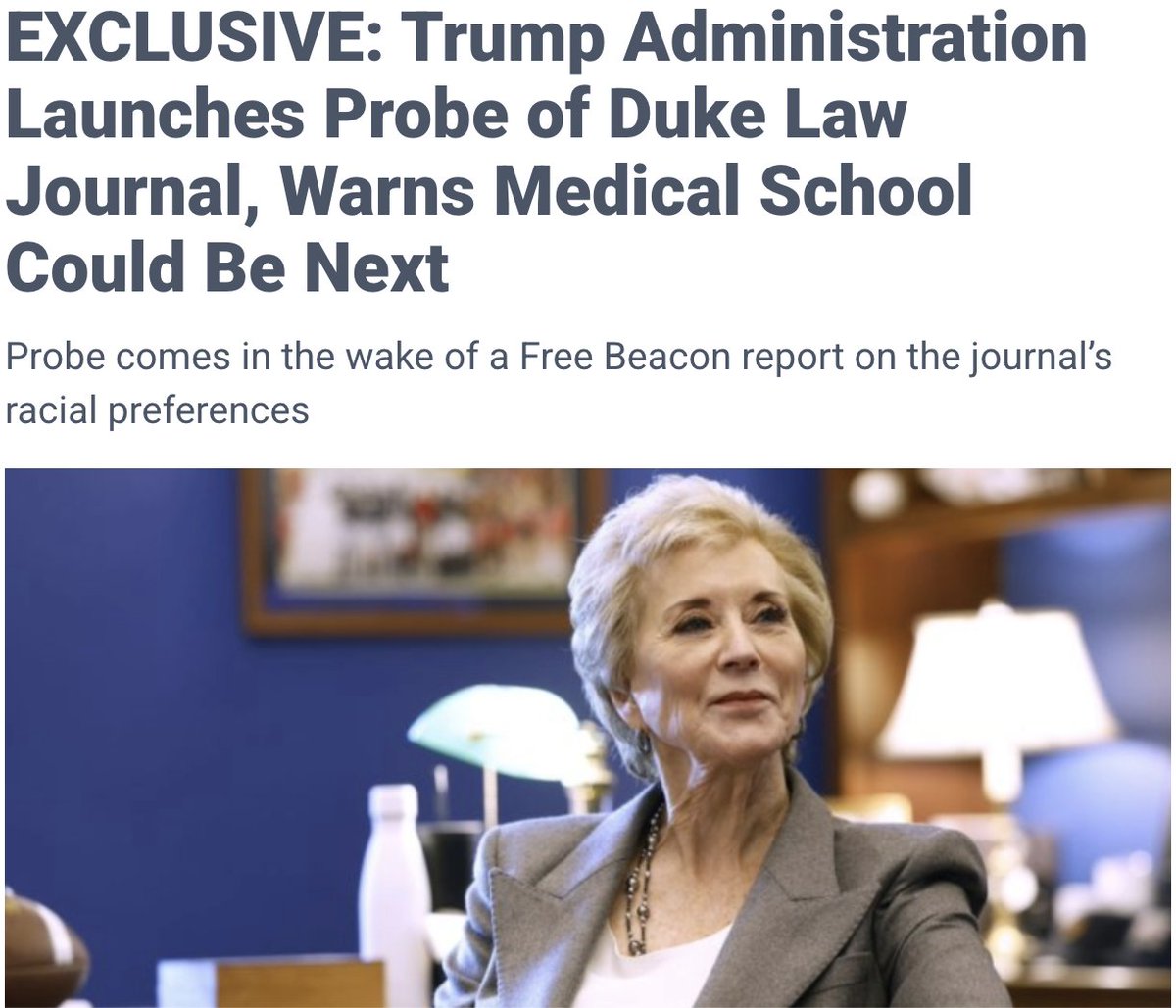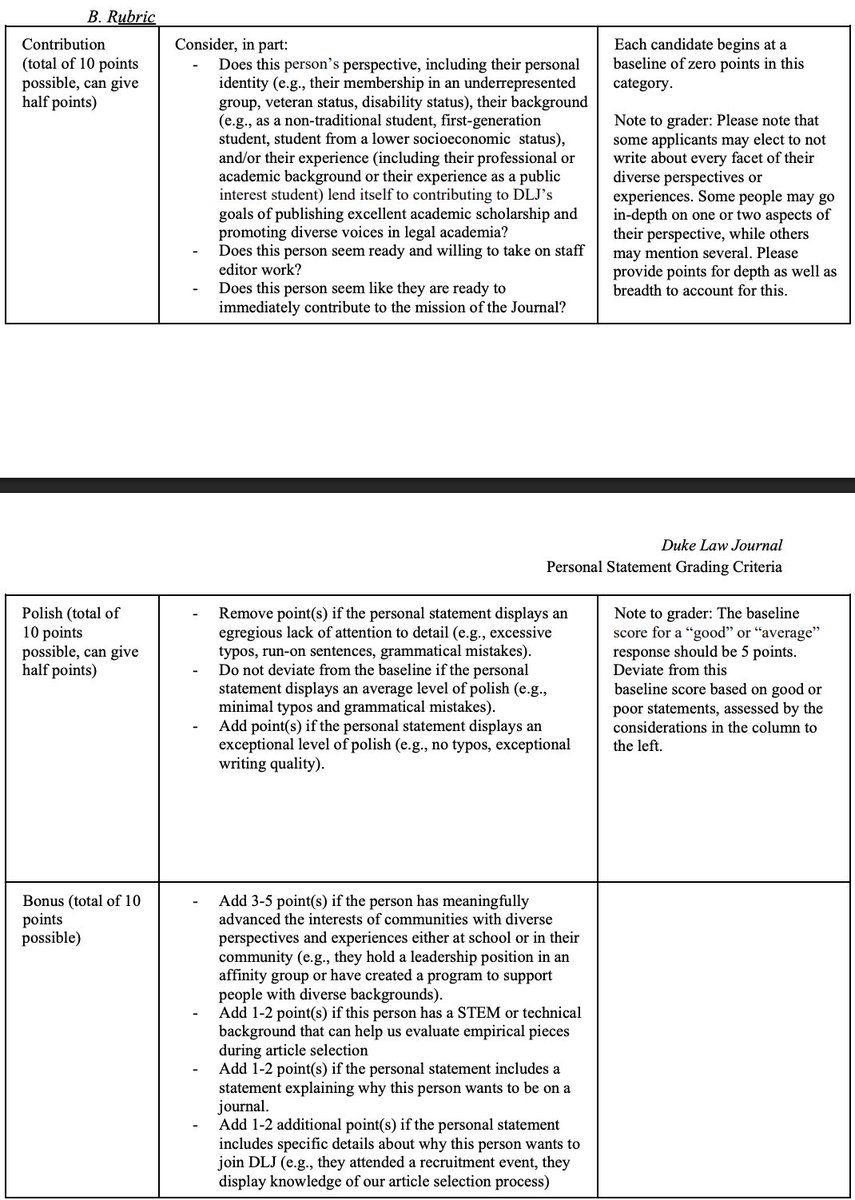Many conservatives have framed school choice as the solution to wokeism in public schools. There's just one problem: all the private school are woke too.
Is that the result of the free market? No. It's the result of a woke accreditation cartel.
freebeacon.com/culture/why-pr…
Is that the result of the free market? No. It's the result of a woke accreditation cartel.
freebeacon.com/culture/why-pr…
One of the people involved in the accreditation cartel is Rodney Glasgow. In May, Glasgow likened parents upset about wokeness to the "white supremacists" who stormed the Capitol on Jan. 6—and the schools that had admitted their kids to the police officers who "opened the gate." 

Glasgow is no stranger to gatekeeping: He has held multiple positions with the National Association of Independent Schools, which sets accreditation standards for a group of more than 1,600 American private schools, several of which you've probably heard of. 

The association keeps a list of "approved accreditors" and outlines "principles of good practice" it expects them to enforce, including the promotion of "diversity, inclusion, equity, and justice." If schools don't comply with these standards, they could lose their accreditation.
The push for "diversity, equity, and inclusion" at private schools has prompted pushback from parents. But because all the accreditors mandate the same ideology, families seeking less ideological schools have been struggling to find them. 

The rapid restructuring of curricula is less the result of a free market responding to customers and more the result of demands by the National Association of Independent Schools, a centralized, self-dealing bureaucracy that has largely eliminated parent choice.
Two forces hold that bureaucracy together: diversity consultants who benefit from the accreditation establishment, and parents who are unwilling to challenge it because it serves as a pipeline to elite colleges. 

At the behest of the association, accreditors create demand for DEI consultancies, which in turn create demand for the association’s services, including its own DEI resources. Parents tolerate this feedback loop because opting out could jeopardize their kids’ ticket to the Ivies.
This dynamic has implications for school choice. The idea that vouchers will provide an escape hatch from woke education "is far too blithe," said @maxeden99. "It ignores the structural reality that bodies with veto power have been captured by wokeness." 

The association’s priorities dominate the market because it has a monopoly on training tools, market research, and other services that help private schools remain competitive. And to fully access its services, schools must be accredited by an association-approved organization.
So what are the association's priorities? A quick look at its online magazine offers a clue. One article endorses "race-based affinity groups" for children as young as three. Another attacks "the myth of white innocence."
web.archive.org/web/2021070100…
web.archive.org/web/2021070100…
Still another article emphasizes "the importance of pronouns in lower school," especially "they," "ze," and "hir" for nonbinary students.
This is the group telling private schools what to do.
web.archive.org/web/2021061203…
This is the group telling private schools what to do.
web.archive.org/web/2021061203…
From New York to Colorado to California, the Association’s recognized accreditors have adopted its ideology in lockstep. The Association of Independent Maryland and D.C. Schools, for example, expects that "diversity practice" be "an organic part of every area of School life." 

The accreditors invariably tell schools they need more diversity, equity, and inclusion. It doesn’t matter how much has been invested in social justice, one former trustee said; the school is always deemed insufficiently inclusive. 

An accreditation report obtained by the Free Beacon shows how the ratchet works. The report commends the school for hiring a diversity director and "supporting attendance at … the NAIS People of Color Conference," but nonetheless identifies diversity as an "area for growth." 

The report thus recommends the school "implement a comprehensive plan for justice, equity, diversity, and inclusion," so that it can "make even more progress toward becoming a regional leader in diversity programming."
That's where the diversity consultants come in.
That's where the diversity consultants come in.
In order to remain in their accreditors’ good graces, schools hire diversity consultants with ties to the accreditation bureaucracy. Take Pollyanna, which designed the "anti-racist" curricula at Dalton and Brearley and sponsored the conference where Glasgow spoke. 

Pollyanna has done events with the New York State Association of Independent Schools, co-authored reports with the National Association of Independent Schools, and advertised its services on the "NAIS Community Market," which it pays the Association to access.
The association profits directly from this dynamic. Schools pay Pollyanna to design their curricula, and Pollyanna pays the association to access its marketing platform. At the same time, the association sells schools surveys used to "benchmark … strategic equity goals." 

Because consultancies like Pollyanna prime students to see "systemic racism" in most institutions, the surveys inevitably find that schools aren’t inclusive—justifying ever greater investments in the association’s services.
The profitability of the DEI network may explain why the association has sought to marginalize that network's critics, in part by updating its "Principles of Good Practice" for boards of trustees. The old principles emphasized transparency; the new ones emphasize the opposite. 

Parents who speak out risk violating the terms of their enrollment contract. A 2020 presentation from the association notes that member schools are adopting a "shape up or ship out" approach to parent behavior. If parents criticize DEI, their kids can be—and have been—expelled. 

All this poses a problem for market-based education reform: For many parents, there is no market. Far from offering more choice than public schools, private schools may offer even less. Some school choice advocates are beginning to realize this.
One approach would be to jettison vouchers in favor of education savings accounts that can be spent on non-accredited schools. Another would be to start alternative accreditation bodies with less ideological criteria. Some parents have looked into doing just that. 

The challenge for both proposals is the college admissions process. Multiple parents expressed concern that elite universities would not look kindly on schools outside the accreditation establishment, which could handicap their kids’ odds of getting in. 

"The better the school, the more woke it is," one mother said—"because all the best colleges are woke."
That means school choice alone may not bring about systemic change; rather, systemic change may be a prerequisite for school choice.
That means school choice alone may not bring about systemic change; rather, systemic change may be a prerequisite for school choice.
"Conservatives have been inclined to be defensive," said @SWGoldman. "They assume there are just some subversive influences that need to be resisted." But if those influences already dominate the institutions, pluralism may require a more offensive approach. 

Tldr: market-based solutions to wokeism presuppose the existence of a free market. But in private education, nothing of the sort exists. If you want school choice to actually offer choice, you've got to go after the woke bureaucracy that stifles market competition.
• • •
Missing some Tweet in this thread? You can try to
force a refresh


